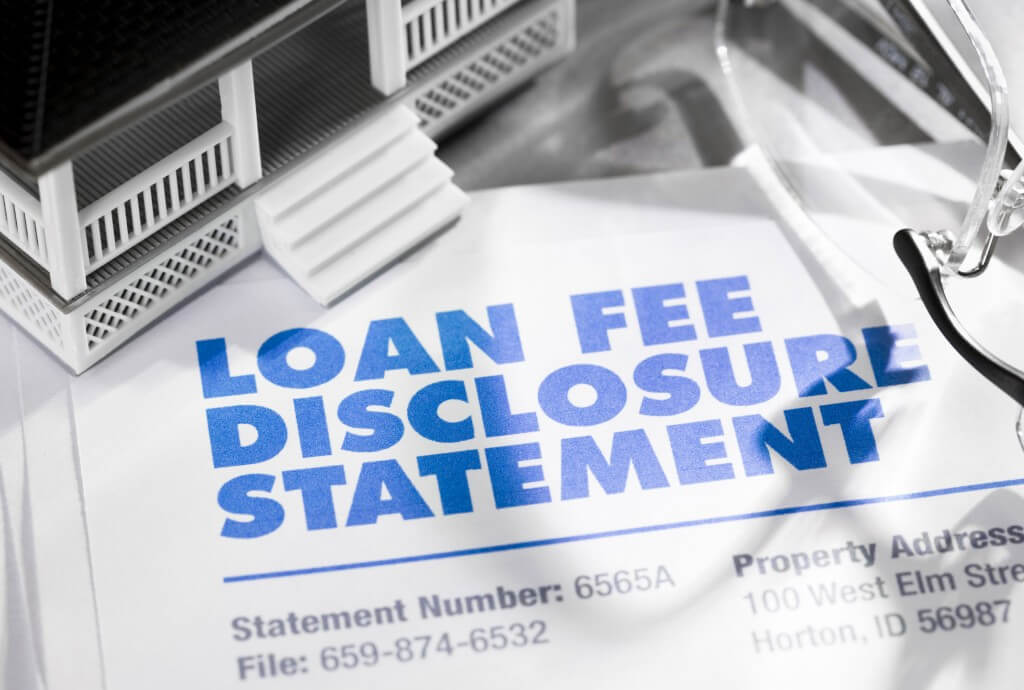Higher mortgage rates on the way & Trump’s to blame
Now is the time to get advice from a mortgage expert and lock in your rates
Advertisement
Now is the time to get advice from a mortgage expert and lock in your rates
 Starting tomorrow, home buying customers with RBC will pay higher mortgage rates.
The national bank announced rate changes that will impact fixed-rate and longer amortization loans. Scheduled to kick in tomorrow, Thursday, Nov. 17, 2016, RBC will raise its discounted rate for a five-year fixed rate mortgage to 2.94%—an increase of 30 basis points; raise rates on its four-year fixed rate mortgages to 2.79%, while three-year fixed rate mortgages will rise to 2.69%. Home buyers looking to extend the amortization on their loan above 25 years can expect a 40 basis point increase to 3.04%.
“When considering our rates, we look at a number of factors,” explains Mary Ellen Brown, vice-president of deposits and trade services at RBC. “When making changes we base our decisions on balancing today’s market conditions, what clients expect and the cost of funding mortgages.”
Brown adds, “there is no singular driver, but this recent change does reflect current SWAP, bond and liquidity market conditions.”
Starting tomorrow, home buying customers with RBC will pay higher mortgage rates.
The national bank announced rate changes that will impact fixed-rate and longer amortization loans. Scheduled to kick in tomorrow, Thursday, Nov. 17, 2016, RBC will raise its discounted rate for a five-year fixed rate mortgage to 2.94%—an increase of 30 basis points; raise rates on its four-year fixed rate mortgages to 2.79%, while three-year fixed rate mortgages will rise to 2.69%. Home buyers looking to extend the amortization on their loan above 25 years can expect a 40 basis point increase to 3.04%.
“When considering our rates, we look at a number of factors,” explains Mary Ellen Brown, vice-president of deposits and trade services at RBC. “When making changes we base our decisions on balancing today’s market conditions, what clients expect and the cost of funding mortgages.”
Brown adds, “there is no singular driver, but this recent change does reflect current SWAP, bond and liquidity market conditions.”
Share this article Share on Facebook Share on Twitter Share on Linkedin Share on Reddit Share on Email